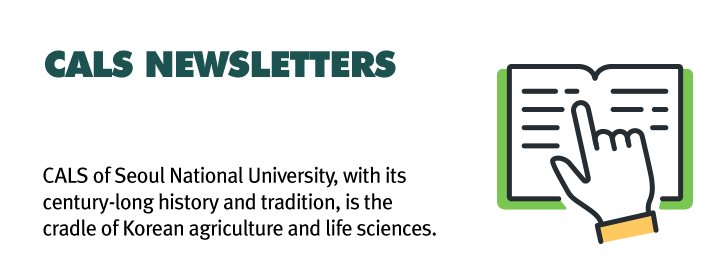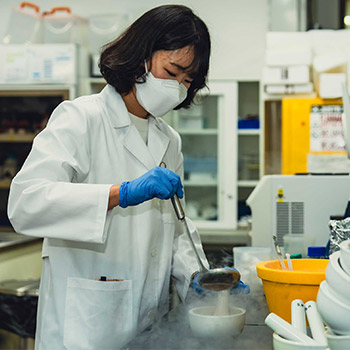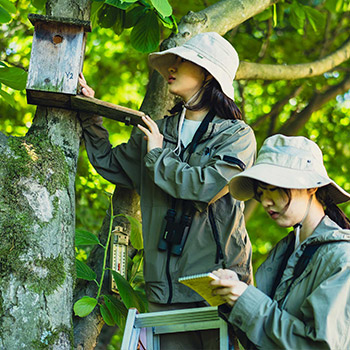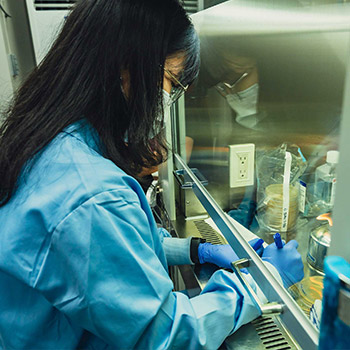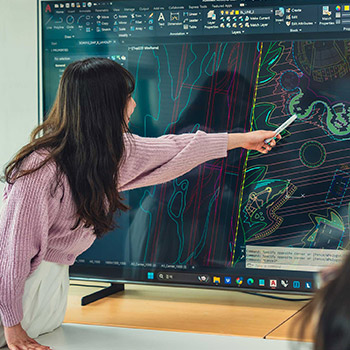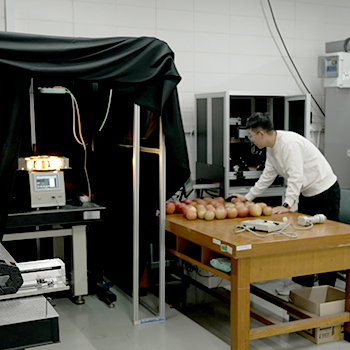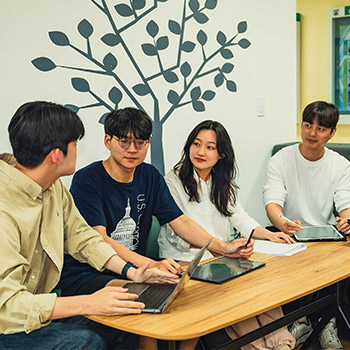Interview with Professor Choi Jinyong : Irrigation as the Key to African Agriculture in the Era of Climate Change
At the “Africa Seminar” hosted by the Asia-Africa Center at the Seoul National University Asia Center, Professor Choi Jinyong from the Department of Landscape Architecture and Rural Systems Engineering delivered a lecture on the current state and prospects of irrigation projects in Africa. Emphasizing the importance of irrigation as a solution to the agricultural challenges posed by climate change and food security, Professor Choi presented a comprehensive outlook.
To gain deeper insight into the challenges and sustainable solutions within African agriculture, we conducted a written interview with Professor Choi following the seminar.

“Water is everywhere, but money is not”
Irrigation is more than just water supply. According to Professor Choi, irrigation is a system that encompasses both hardware components—such as water resource development, land leveling, and agricultural mechanization—and software elements like water management organizations. In this way, irrigation is not simply about delivering water but serves as core infrastructure for enhancing agricultural productivity and strengthening local autonomy.
However, many regions in Africa still lack proper irrigation facilities. Professor Choi points out that this is not due to a shortage of water, but due to economic inaccessibility. Most areas, except the Sahara, do have water resources, but infrastructure to utilize them and budgets for operation and maintenance are lacking. As a result, irrigated land accounts for only 5% of the total cultivated area. Even when facilities are temporarily established, they often become useless without proper maintenance and upkeep.
The Challenge of Climate Change and Farmer-Centered Solutions
The most critical threat posed by climate change is its variability. Africa, being highly exposed to natural disasters and having low resilience, is particularly vulnerable. A lack of agricultural infrastructure directly threatens food security. Within this context, irrigation can be a crucial factor in ensuring stable agricultural productivity and food supply.
Professor Choi introduces the Participatory Irrigation Management (PIM) approach as a solution. Under this system, farmers who use irrigation facilities form cooperatives and allocate a portion of their profits for maintenance and management. Similar systems have existed in Korea and Japan in the past, and PIM continues to attract attention as a viable strategy in developing countries.
Zanzibar Project in Tanzania: Poverty Alleviation Through Irrigation
Professor Choi also participated in an irrigation development project in Zanzibar, Tanzania. Despite limitations such as lack of experience, weak management capacity, and outdated technology, the project focused on six sites to improve rice productivity and food security.
Zanzibar’s status as an island posed unique challenges. With limited access to groundwater and the threat of seawater intrusion, the project required customized technologies, such as waterproofing systems and upgrades to existing reservoirs. Efforts also included training programs and the establishment of farmer cooperatives to ensure the sustainable operation of the facilities.
Balancing Technology with Sustainability: The Nexus Approach
Looking ahead, Professor Choi plans to focus on developing ICT-based irrigation systems. Instead of relying solely on traditional civil engineering, there is a growing need for technological solutions that improve the efficiency of water distribution and management.
He emphasizes the importance of the Water-Energy-Food Nexus approach, which recognizes the interconnectedness and sustainability of these resources:
“Water, food, and energy are deeply intertwined. When using one resource, we must consider its impact on others. This integrated approach is essential for sustainable agricultural development.”
A Message for the Future
Toward the end of the interview, Professor Choi offered heartfelt advice to students studying agriculture:
“Agriculture is the oldest industry—and it will continue into the future. I hope students pursue it with a spirit of challenge and pride, and develop their capabilities on a global stage.”
Through this interview, Professor Choi presents a realistic yet future-oriented perspective on sustainable agricultural development and climate change response strategies in Africa. Irrigation is not just about introducing new technology—it is a complex issue connected to social and economic systems. Still, it is clear that the potential for transformation through irrigation is significant.


